Translational Science
Description
An introduction to the field of Translational Science and its applications to improve patient and community health through the four stages of translational research.
Translational science is the process of turning observations in the laboratory, clinic, and community into interventions that improve the health of individuals and populations.
As the translational research enterprise — both in the United States and internationally — continues to expand, there is a growing need to increase the number of people pursuing training in the fields of clinical research and translational science. This includes a continuing demand for a well-trained workforce of research investigators, clinician-scientists, and other research professionals.
In this online course series, you will learn about these in-demand fields with an introduction to the four phases of translational science and how they relate to both clinical and translational research. Specifically, you’ll explore:
● What constitutes translational science research.
● The role of the federal government and industry in the support and regulation of this research.
● The need for core principles of conducting rigorous and responsible translational research.
● How to begin a career in translational research.
● Why addressing health disparities and inequities in translational research is important.
Instructor
-

Vicki Ellingrod
Dean
College of Pharmacy at the University of Michigan
Courses (5)
-
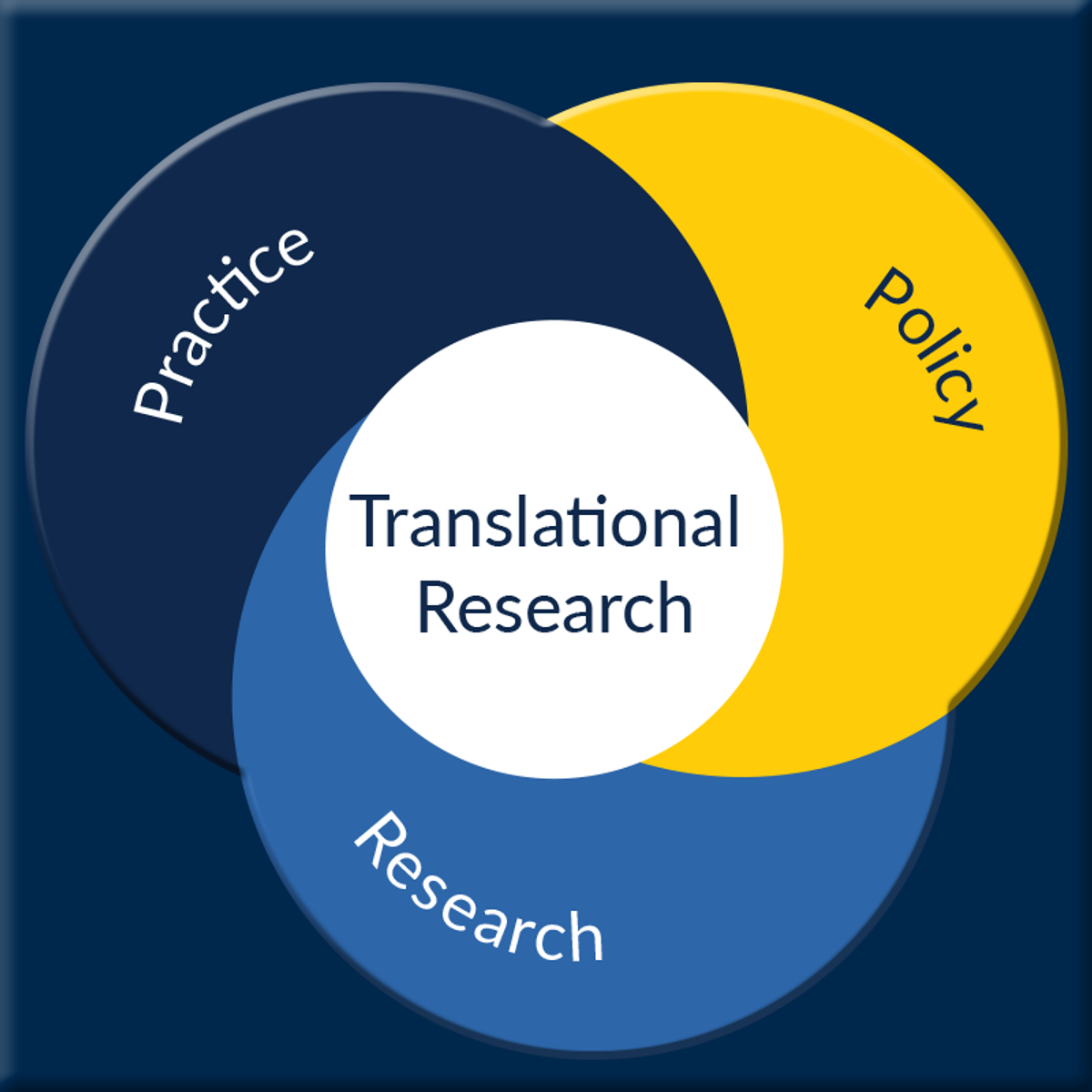 Learn more
Learn moreIntroduction to Translational Science
|
4 weeks
Translational science is the process of turning observations in the laboratory, clinic, and community into … -
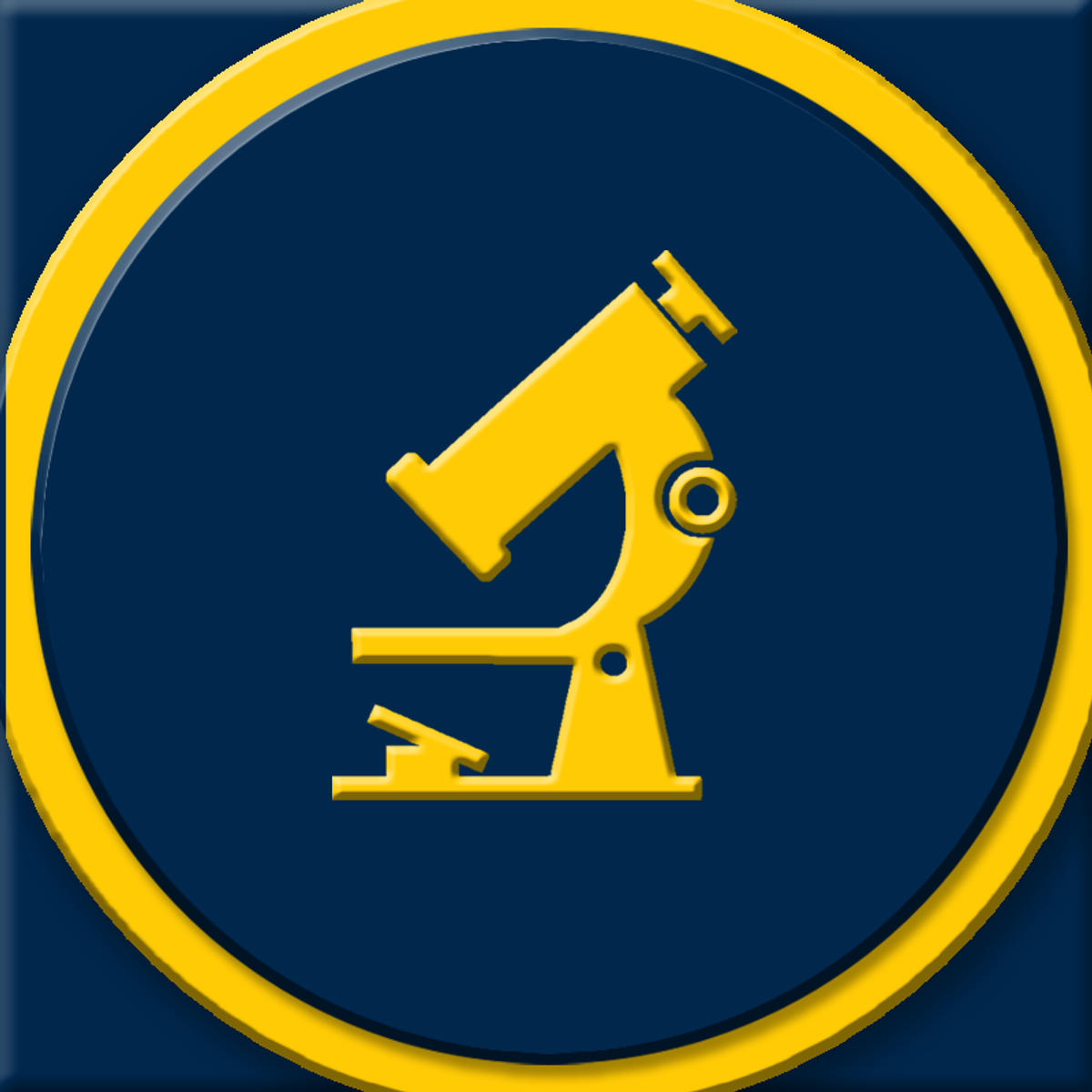 Learn more
Learn moreTranslating Basic Research into Research for Humans
|
3 weeks
The first phase of translational research — known as “T1” — is the process of … -
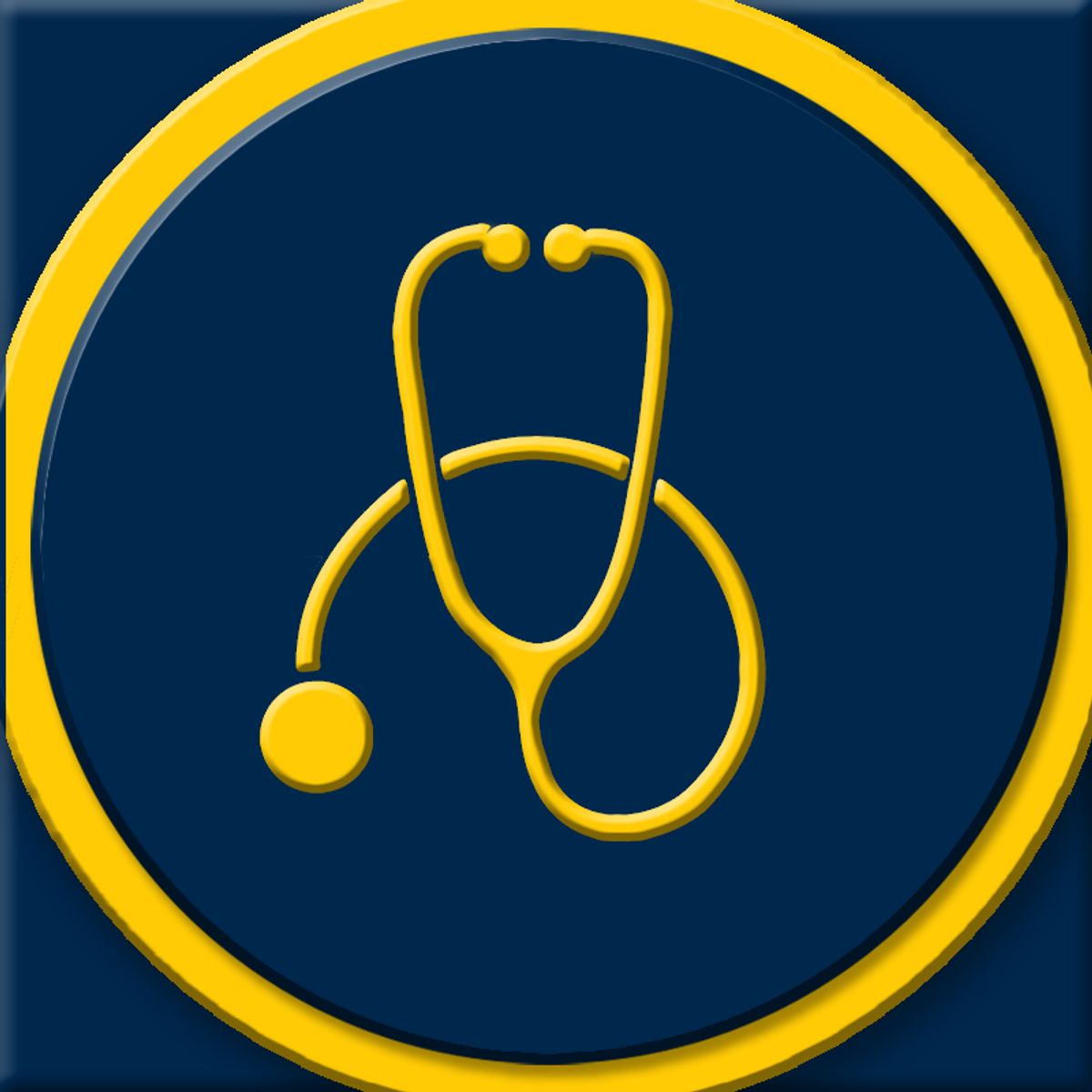 Learn more
Learn moreTranslating Research to Patients
|
3 weeks
The second phase of translational research — known as “T2” — assesses the value of … -
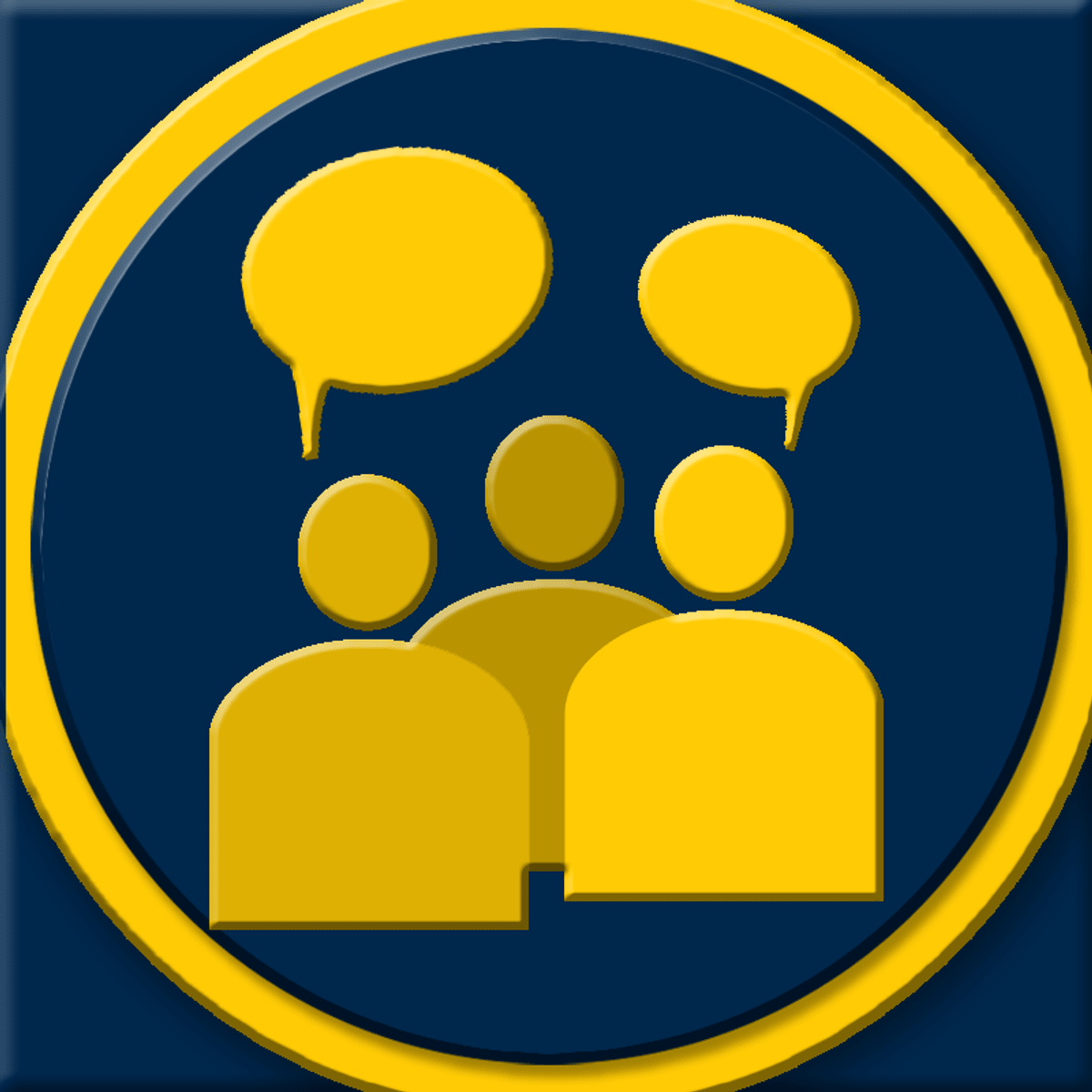 Learn more
Learn moreTranslating Research to Communities
|
3 weeks
Health research must positively impact the lives of the general population, so the public must … -
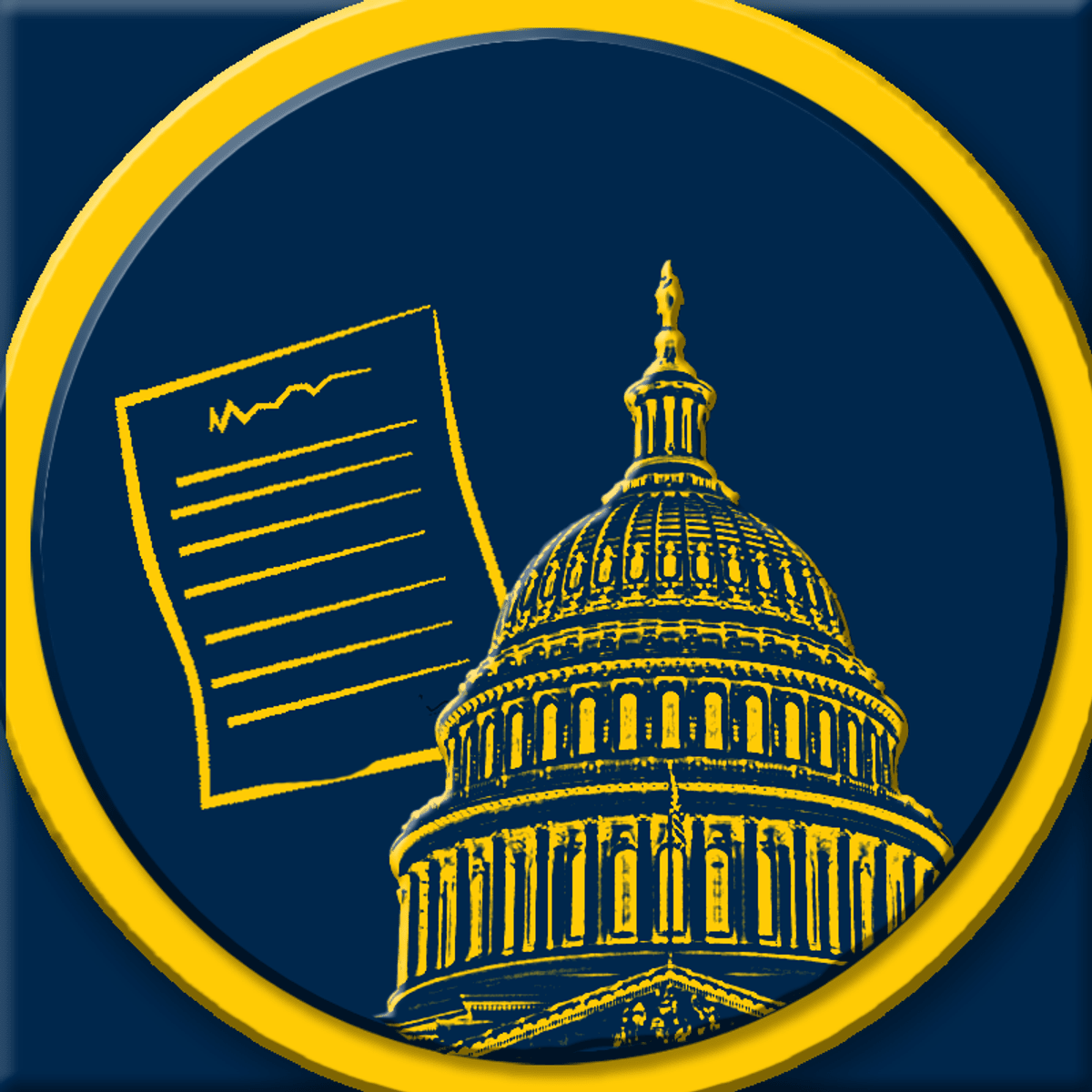 Learn more
Learn moreTranslating Research to Healthcare Policy
|
3 weeks
In this course, you will learn about the process of evaluating the real-world outcomes of …
Know someone who would like this course? Share it with them!